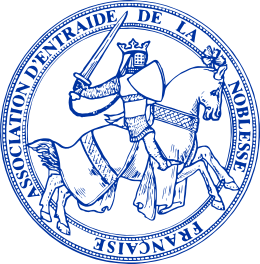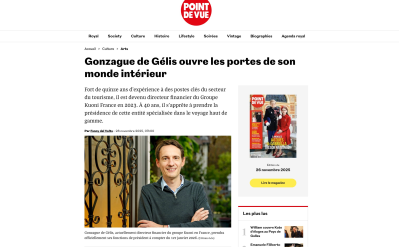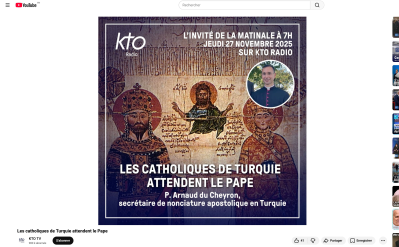News

Le Figaro: "Castelnau, le maréchal escamoté, by Jean-Louis Thiériot: a discreet hero and a lucid conservative".
21 November 2024
Press review
Viewed 279 times
THE CHRONICLE OF JACQUES DE SAINT-VICTOR : The essayist evokes the military and political destiny of this Catholic right-winger, who was three times deprived of the Marshal's baton. General de...
You must be logged in to read more









